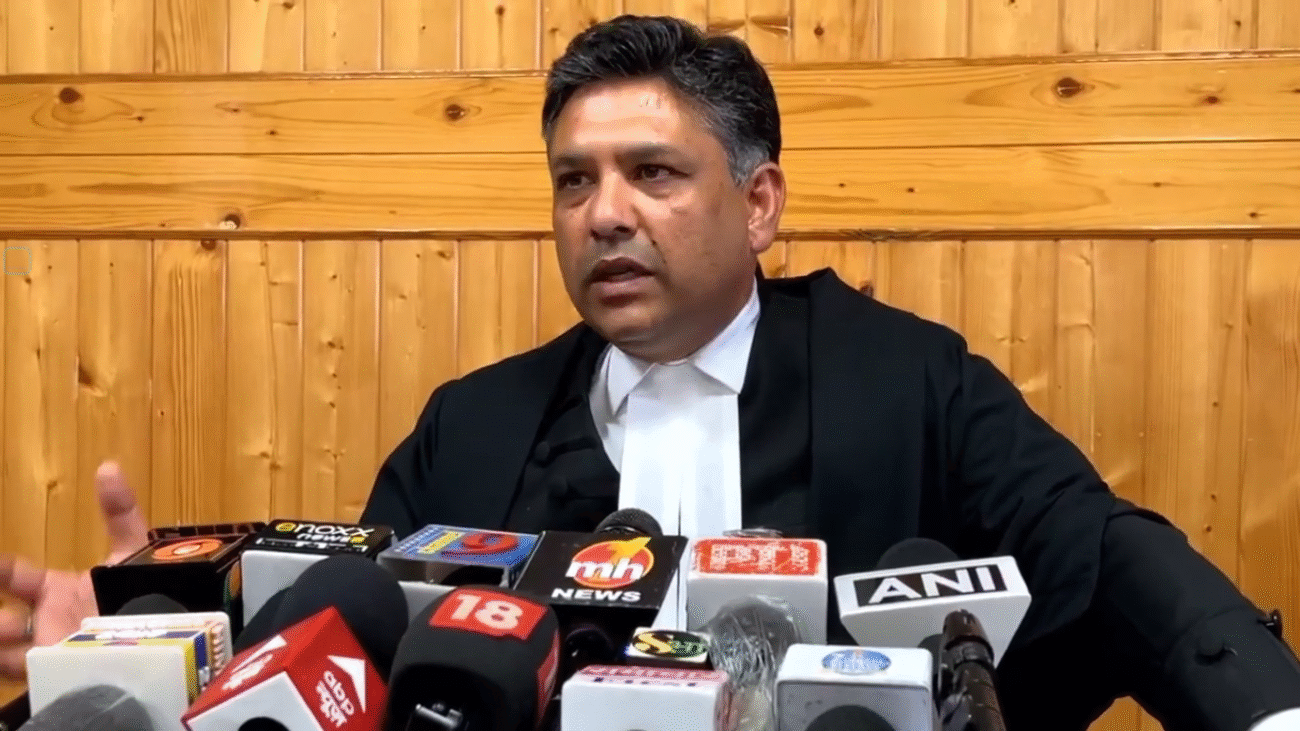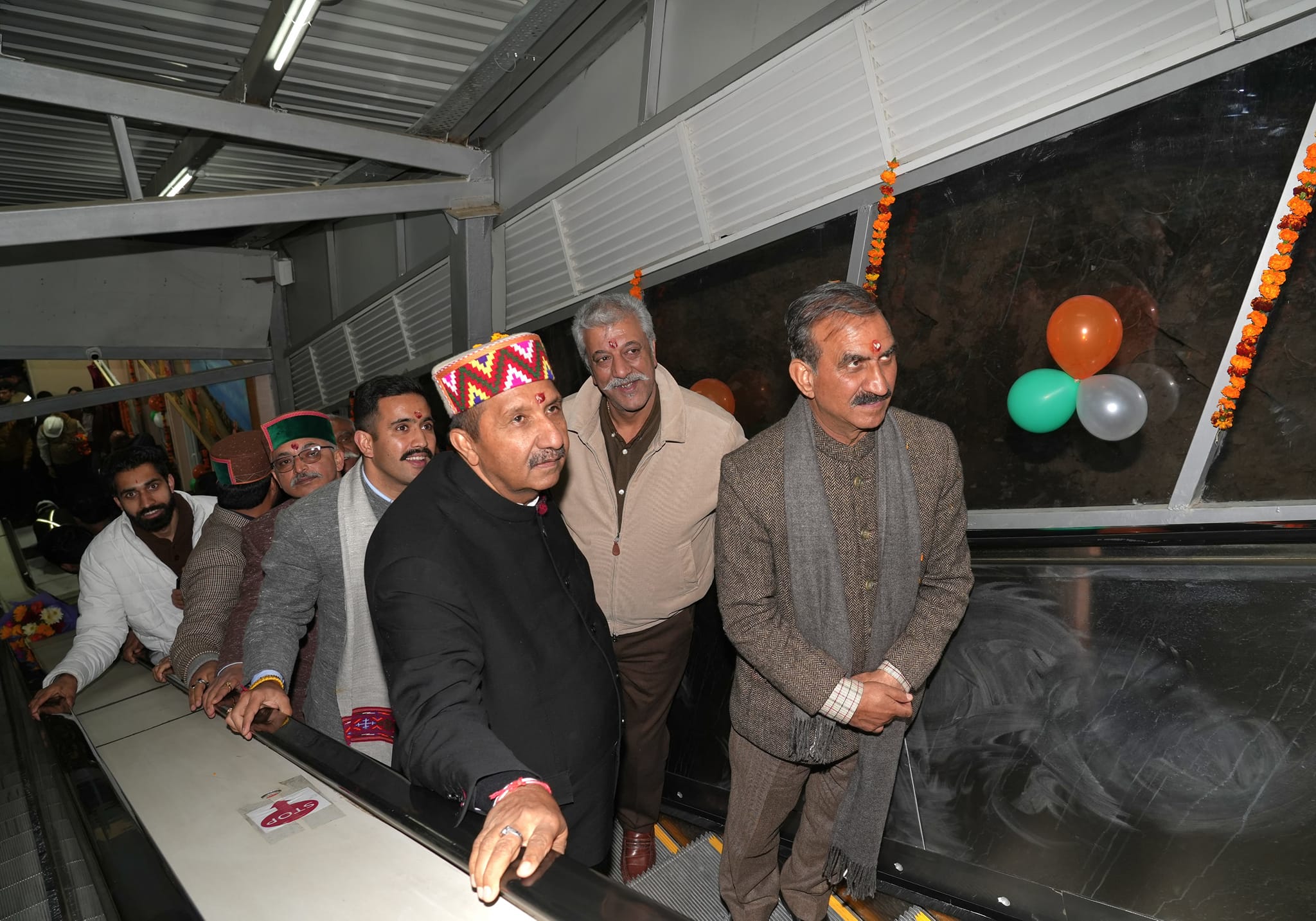In a landmark ruling, the Himachal Pradesh High Court has declared Section 163-A of the Himachal Pradesh Land Revenue Act, 1952 as unconstitutional, effectively striking down the provision and any rules framed under it. This section had empowered the state government to regularize encroachments on government land, a move that the court found to be contrary to constitutional principles and the doctrine of public trust.
The ruling was delivered by a division bench comprising Justice Vivek Singh Thakur and Justice Bipin Chander Negi, who observed that Section 163-A was not only inconsistent with the principal statute but also inherently arbitrary and manifestly unconstitutional. The court held that the section attempted to legalize illegal encroachments, thereby promoting dishonesty and eroding the rule of law.
Court’s observations and key reasoning
In its extensive 44-page judgment, the court stated that the provision was violative of Article 14 of the Constitution, as it sought to treat law-breakers at par with law-abiding citizens. The judgment noted that this created a scenario of manifest arbitrariness, lacking any intelligible differentia, and thus failing the test of valid classification under Article 14.
The court also cited Article 21 read with Articles 48-A and 51-A(g), emphasizing that such regularization disturbs environmental balance and endangers the rights of future generations. The provision, the bench stated, was a legislative tool meant for a class of dishonest persons and could not remain on the statute books. “Any indulgence on the part of the State/ Legislators, in protecting such dishonesty, would lead to anarchy and destroy the democratically established institutions, also resulting into indiscrimination. This is manifest arbitrariness. Also, it is excessive and capricious,” the court remarked.
Directions issued by the High Court
The court allowed the petition filed by Punam Gupta and others, and disposed of the matter with the following key directions:
- Section 163-A of the H.P. Land Revenue Act and all rules framed under it are declared unconstitutional and quashed.
- The State Government is directed to initiate suitable proceedings for the removal of all encroachments on government land and conclude them preferably by 28th February 2026.
- All stay orders or protections granted on account of pending petitions or government draft rules—including those from 2017—are declared ineffective.
- Directions from previous judgments (CWPIL Nos. 9 of 2015 and 17 of 2014) regarding the removal of encroachments on government land and premises are extended to apply in this case as well.
- The State Government is instructed to consider amending laws related to criminal trespass in line with reforms adopted by Uttar Pradesh, Karnataka, and Odisha.
- Authorities from municipal bodies such as Nagar Panchayats and Municipal Corporations must be made responsible for reporting and removing encroachments, with penalties for dereliction.
- The State must consider removing the provision from Section 163 of the Act that allows encroachers to claim land based on adverse possession, especially in light of Supreme Court judgments.
- In cases where land acquired for public use (like roads or paths) has been reoccupied by previous owners, those encroachers will not be allowed to claim adverse possession. Instead, they must pay for use, occupation, and removal costs.
Background and implications
This judgment was a result of petitions challenging the constitutional validity of Section 163-A, which was introduced in 2002 by the then BJP government. Although intended to help small and marginal farmers and generate revenue, the provision had been criticized for promoting encroachments and undermining state authority.
The court’s decision brings an end to a long-standing legal and political debate. The ruling reaffirms the government’s obligation to safeguard public property and ensures that land meant for the larger public good is not handed over for private interests. The judgment is expected to have far-reaching implications across the state, especially as over 57,000 encroachment cases were pending, covering more than 1.23 lakh bighas of government land.
While the government had attempted to defend the law by citing social welfare motives, the High Court made it clear that any policy that rewards illegality undercuts the foundations of a just society. This judgment sets a strong precedent for upholding environmental and legal accountability in matters of public land use.





